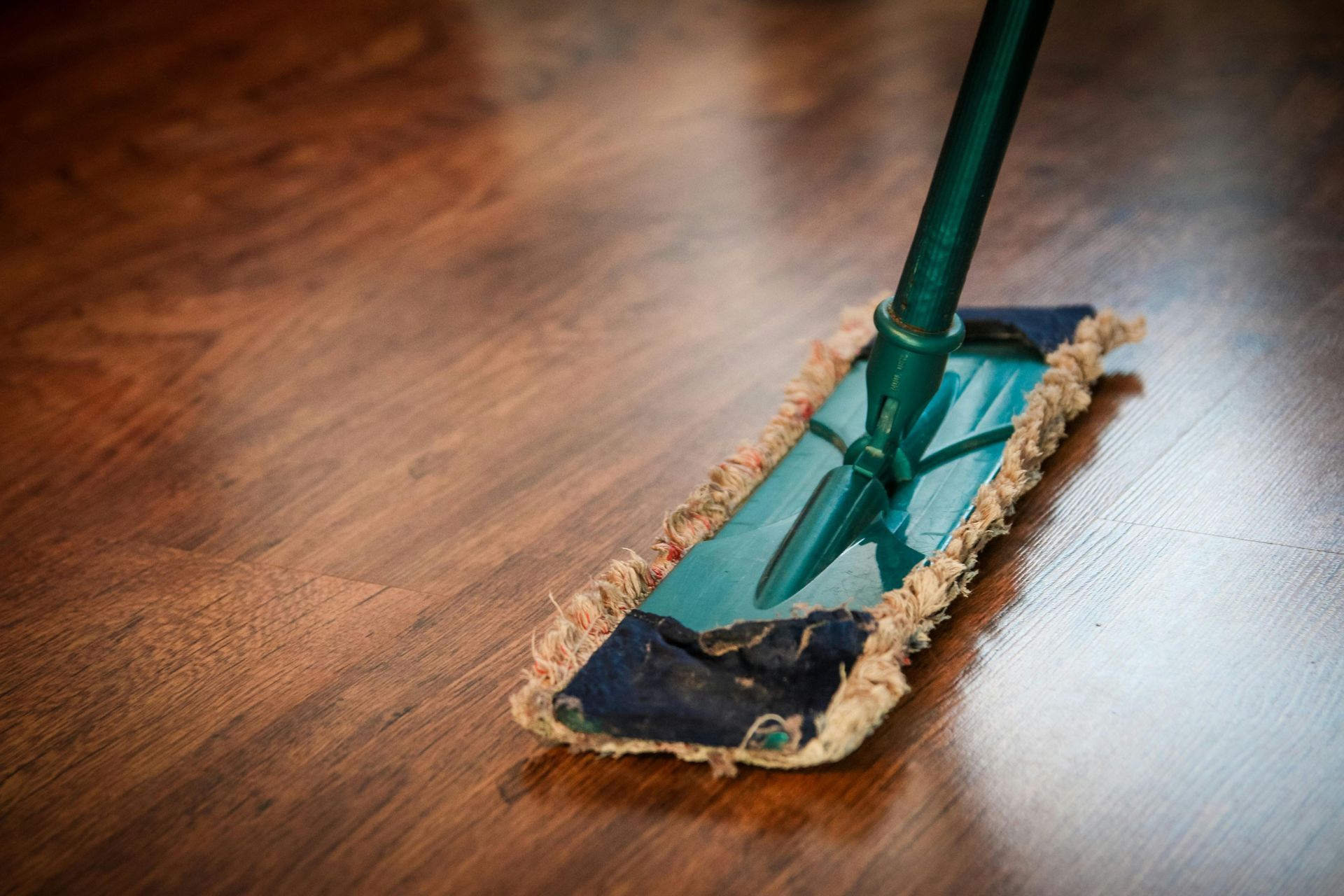6 Things You Should Do Before Renting Your Home
Decide on the type of rental you want
- Furnished rentals can command higher rents but may require more upfront investment and experience higher vacancy rates. It is common for furnished rentals to offer shorter lease terms (6 months or less).
- Unfurnished units rent for less but are easier to manage and experience less vacancy by attracting longer term tenants.
- Long-term rentals (12+ months) offer stability and consistent income
- Medium-term rentals (1-6 months) balance flexibility with reduced turnover
- Short-term rentals (days to weeks) can yield higher profits but require more hands on management
Determine if it makes financial sense
Determining the financial viability of your rental property is crucial. Here's how to approach it:
- Based on whether you plan to rent furnished or unfurnished and long term or short term, determine the market rent you will expect to receive for your property.
- Calculate your monthly expenses, including:
- Mortgage payments (principal + interest)
- Property taxes
- Insurance premiums
- Property management fees (~10% of monthly rent)
- HOA fees
- Subtract total expenses from expected rent
- Set aside a portion of the remaining amount for routine repairs & maintenance and capital expenditures
If you're left with a positive cash flow after accounting for all these factors, renting out your property may be a great choice for you to generate lasting wealth and passive income.
Prepare your property for rent
Before your property is ready to go live, we recommend going through and creating a punch list of any items that may be in need of repair or updating. Below are some common punch list items to get your property ready for rent:
- Interior & exterior painting
- Flooring repairs or replacement
- Plumbing repairs (leaking pipes, faulty fixtures, etc.)
- Gutter cleaning & repair
- Appliance maintenance or replacement
- Landscaping
- Pressure washing
- General maintenance concerns
- Whole house deep clean
Obtain estimates for the tasks you've written down and factor it into your budget. Addressing issues proactively can help attract quality tenants and prevent future problems.
Modify your insurance policy
Ensuring you have a landlord's insurance policy is essential when renting out your property:
- Landlord policies offer specific coverage and protections for renting your home out that standard homeowner's insurance does not have
- We recommend our clients to get at least $1,000,000 in liability coverage.
- However, we recommend talking to a licensed insurance broker to see what would work best for your specific situation.
- List your property manager as a certificate holder on the policy
Proper insurance coverage provides peace of mind by protecting your investment and covering your liability.
Consider whether you will allow pets
Deciding whether to allow pets in your rental property requires careful consideration:
Pros of allowing pets:
- Larger pool of potential tenants
- Additional income from non-refundable pet fees and monthly pet rent
- Potentially longer tenant stays
Cons of allowing pets:
- Increased risk of property damage
- Potential noise complaints
- Possible liability issues
If you decide to allow pets, and we are managing your property, then we thoroughly vet all animals with a third party pet screening service. Remember that regardless of the pet policy, you must accommodate legitimate service animals and emotional support animals as required by fair housing laws. An applicant cannot be charged pet fees or denied tenancy solely on the basis of having a legitimate ESA/service animal.
Other considerations
Consider these financial/asset protection strategies for your rental property:
Separate Bank Account
- Opening a dedicated bank account, solely for your rental property simplifies accounting and helps keep personal and business finances separate.
LLC Formation
- If you plan to acquire multiple rental properties or are concerned about asset protection, creating an LLC might be beneficial:
- Provides a layer of protection for your personal assets
- Simplifies bookkeeping
- May offer tax advantages (consult with a tax professional)
- Transferring property title to the LLC can enhance asset protection, but consult with a legal professional to understand the implications fully.
By carefully considering these six factors, you'll be well-prepared to enter the rental market with confidence and set yourself up for success as a landlord.














